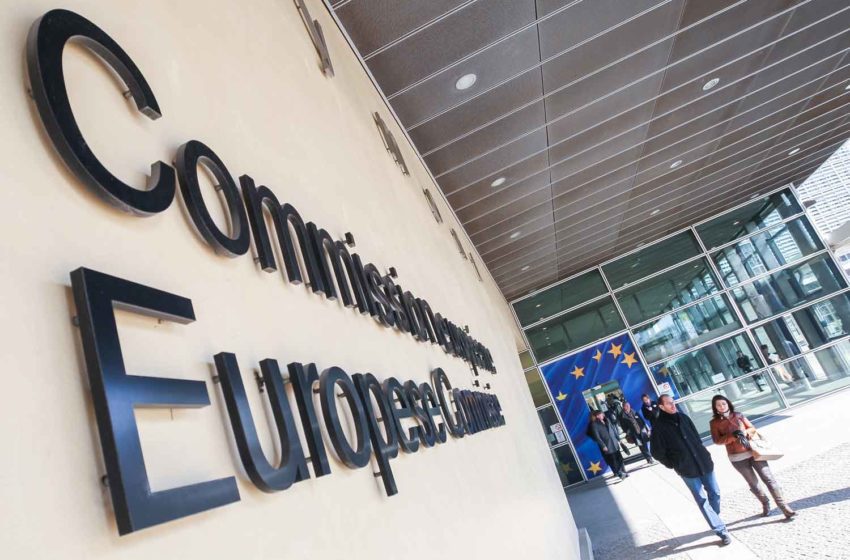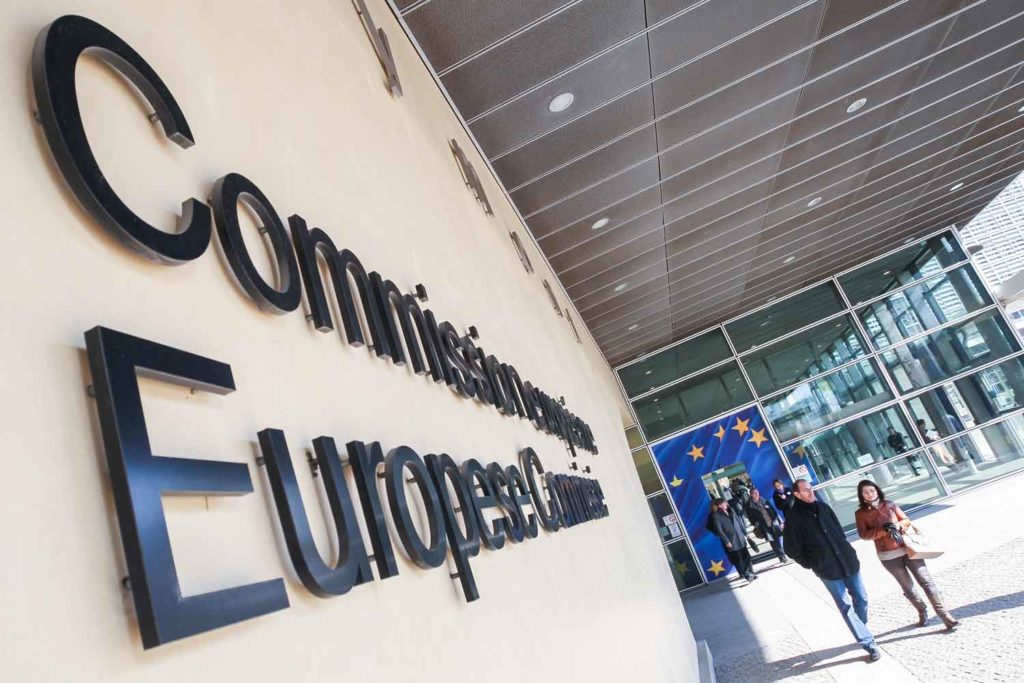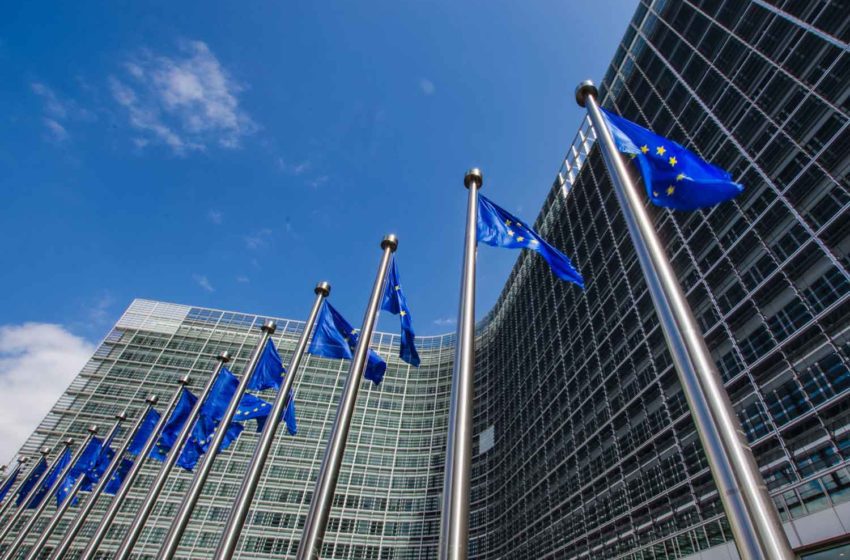
The European Commission has approved the proposed acquisition of Swedish Match by Philip Morris International.
In a statement on its website, the Commission noted that Swedish Match holds a de facto monopoly on distribution of tobacco and nicotine products in Sweden through its subsidiary SMD Logistics.
The Commission’s preliminary investigation showed that SMD Logistics has a dominant position in the supply of combustible tobacco, smoke-free and related products in Sweden.
The Commission found that the transaction could have led to foreclosure effects in Sweden, given that SMD is the only distributor of combustible tobacco, smoke-free and related products in Sweden. It did not find competition concerns in other markets in which the parties compete, including the manufacture and supply of snus in Sweden and Norway and of nicotine pouches in Sweden and Slovenia, as sufficient alternative suppliers would remain active following the transaction.
To address the Commission’s preliminary competition concerns, PMI offered to divest Swedish Match’s logistics arm, SMD Logistics.
The commitments consist of the structural divestiture of a stand-alone business, which fully removes the vertical links between the manufacture of tobacco and nicotine products and their distribution in Sweden. This will enable a purchaser to run the divested business as a viable competitive force in the market on a lasting basis.
The Commission said it will closely monitor the divestment process, including the choice of a suitable purchaser for the divested business that will have to be approved by the Commission.
Following the market test, the Commission concluded that the transaction, as modified by the commitments, would no longer raise competition concerns.
Earlier, PMI’s proposed acquisition received a green light from authorities in the United States and Brazil.
“We are pleased to have received all necessary regulatory approvals and believe the best and final price in our revised offer for Swedish Match provides very compelling value for the shareholders of both Swedish Match and PMI,” said PMI CEO Jacek Olczak in a statement.
“The revised offer retains a 90 percent acceptance condition, which is critical to capture the full potential of the combination. Should the offer fail, we are well prepared to proceed autonomously to develop IQOS and the rest of our smoke-free portfolio in the U.S.”







